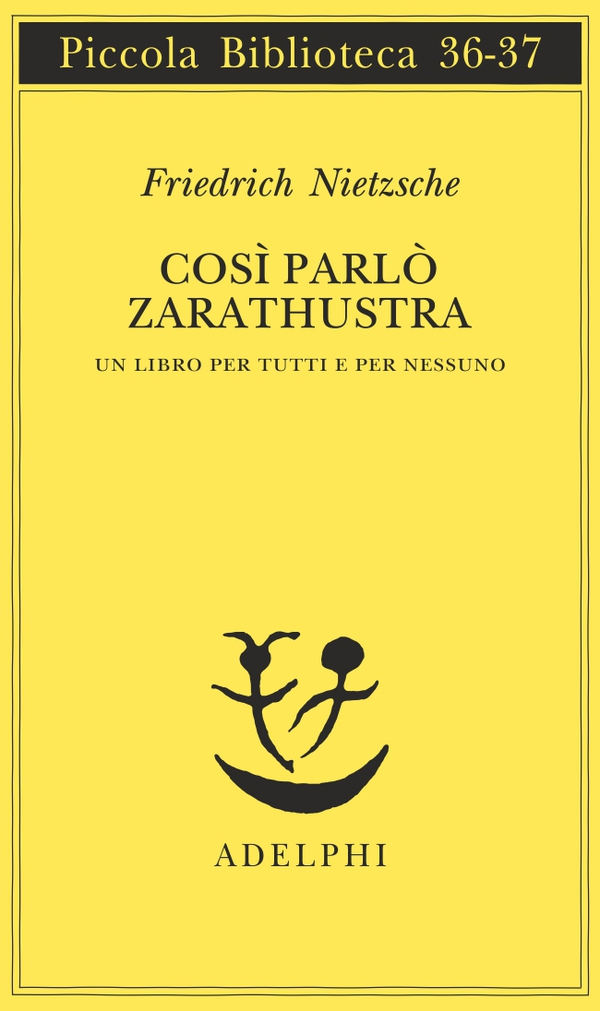Nietzsche, Friedrich
Person
Dates 1844-1900
Country GERMANY Language (en)TEDESCO
Nietzsche, Friederich
Nietzsche, Friedrich Wilhelm
Nietzsche, Friedrich G.
Nietzsche, Federico
Nietzsche, Friedrich W.
Author of 625 resources
Publisher of 1 resources
is subject of 245 resources
1844-1900 // Filosofo. Nato il 15.10.1844 a Rbcken, morto il 25.08.1900 a Weimer
Pseudonym
Forename
Bibliografia nazionale italiana: nuova serie del bollettino delle pubblicazioni italiane ricevute per diritto di stampa a cura della Biblioteca nazionale centrale di Firenze. A. 1, n. 1 (gen. 1958)- Firenze, Centro nazionale per il catalogo unico delle biblioteche italiane e per le informazioni bibliografiche, 1958- (CDROM
Deutsche National Bibliographie
From catalogue

